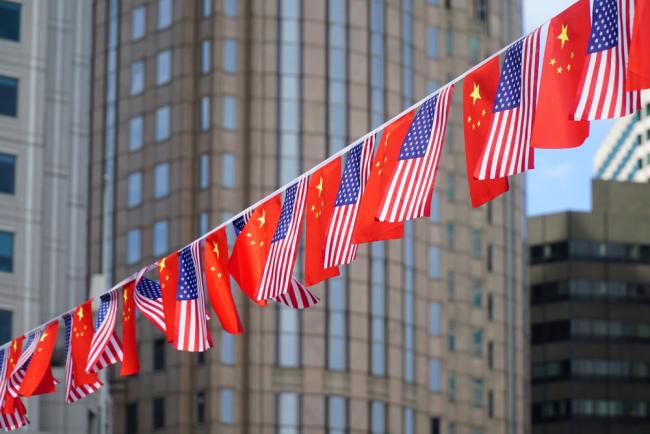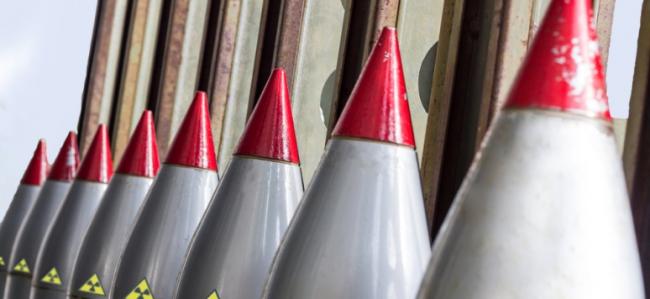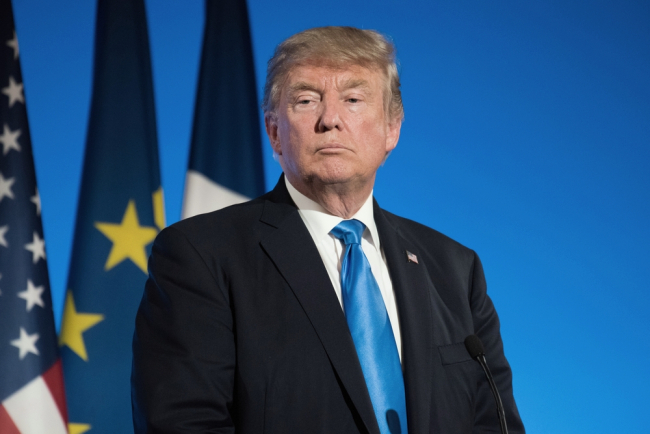3367 publications
U.S. Visions of China: From Henry Kissinger to Donald Trump
Chinese power continues to grow both militarily and economically: its disputed territorial gains in the South China Sea are complemented by its extensive investment initiative in the New Silk Roads through the Eurasian continent.
La guerre nucléaire limitée : un renouveau stratégique américain
Over the past few years, a debate on possible scenarios of limited nuclear weapons use has surfaced again in the United States. Russian nuclear saber-rattling since 2014 and the growing tensions in the Korean peninsula have led Washington to reassess its own ability to deter, or respond to, such a limited use of nuclear weapons.
Diplomacy as Diaspora Management: The Case of India and the Gulf States
In today’s world, diaspora management and diplomacy have become increasingly enmeshed, reflecting the growing interconnections between domestic and international issues.
Trump, un an après. Un monde à l'état de nature ?
In the week following Trump’s election, Ifri published a study to identify the likely changes in U.S. foreign policy. From the outset, this election appeared as a change in the U.S.’ trajectory, with consequences on the power relations and functioning of the international system.
Kind Words, Cruise Missiles, and Everything in Between. The Use of Power Resources in U.S. Policies towards Poland, Ukraine, and Belarus 1989–2008
According to realist premises, the United States has an interest in remaining the world's only superpower, thus creating the need to manage and maintain unipolarity. The pursuit of this grand strategy, however, required the U.S. to adapt its various strategies to individual states. Poland, Ukraine, and Belarus have played very different roles.
Muslim Women and Power: Political and Civic Engagement in West European Societies
This book explores Muslim women’s political and civic engagement in Britain and France.
Japan-Russia: The Limits of a Strategic Rapprochement
By reinforcing hostility between Russia and the West, the Ukraine crisis has shone a spotlight on the limits and contradictions of any Russo-Japanese rapprochement. Russia has grown more dependent on China, just as Japan has become more reliant on the United States.
Zimbabwe in Dubious Battle: The Unexpected Consequences of Western Sanctions
The aim of this paper is to assess how an African country deals on the long run with the decline of international aid and foreign direct investment. This paper is a contribution to the debate about the effectiveness of the international sanctions system.











